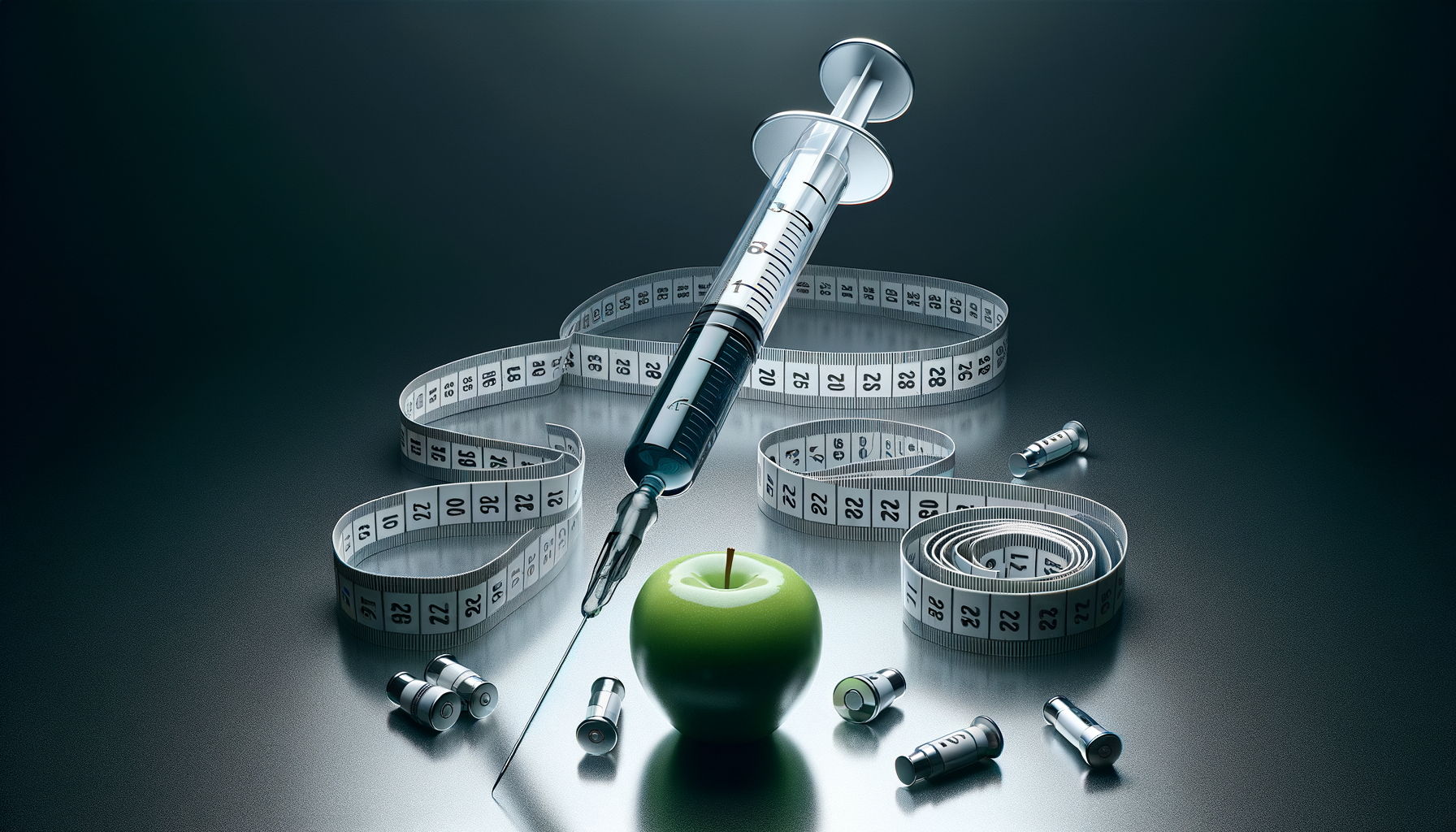
Weight Loss Injections in the Netherlands: Aiding Body Fat Reduction
The Rise of Weight Loss Injections
In recent years, the Netherlands has witnessed a growing interest in weight loss injections as a potential tool for managing obesity and aiding body fat reduction. These injections, often used alongside lifestyle changes, have been gaining traction due to their potential to help individuals achieve their weight loss goals more effectively. The concept of using injections for weight loss is not entirely new, but advancements in medical research have led to the development of more refined and targeted options.
Weight loss injections typically work by mimicking hormones that regulate appetite, such as glucagon-like peptide-1 (GLP-1) receptor agonists. These hormones play a crucial role in controlling hunger and boosting feelings of fullness after meals. By enhancing these natural processes, weight loss injections can help individuals reduce their calorie intake, thereby supporting weight loss efforts. In the Netherlands, these injections are becoming a popular choice among those seeking to manage their weight, especially when other methods have not yielded the desired results.
While weight loss injections offer promising results, it is essential to understand that they are not a standalone solution. They are most effective when combined with a balanced diet and regular exercise. This combination helps create a sustainable weight loss journey, promoting long-term health benefits. As the interest in these injections continues to grow, it is crucial for individuals to consult healthcare professionals to determine the best approach for their unique needs.
How Weight Loss Injections Work
Weight loss injections operate by targeting specific pathways in the body that regulate hunger and metabolism. One of the most commonly used types of injections involves GLP-1 receptor agonists, which are synthetic versions of a hormone that the body naturally produces. This hormone plays a vital role in controlling blood sugar levels and appetite. By enhancing the effects of this hormone, weight loss injections can help reduce food intake and promote a feeling of fullness.
These injections work by slowing down the emptying of the stomach, which helps individuals feel fuller for longer periods. This can lead to a reduction in overall calorie consumption, a critical factor in weight loss. Additionally, the injections can help improve insulin sensitivity, which is beneficial for those with insulin resistance or type 2 diabetes. The dual benefits of appetite control and improved metabolic health make weight loss injections a compelling option for many.
However, it is important to note that these injections are not suitable for everyone. Individuals with certain medical conditions or those who are pregnant or breastfeeding should avoid using them. As with any medical intervention, potential side effects should be considered, and a healthcare provider should be consulted to assess the risks and benefits. Common side effects may include nausea, vomiting, and digestive discomfort, which are usually temporary and diminish over time.
Considerations and Potential Benefits
When considering weight loss injections, it is vital to weigh the potential benefits against the possible risks. For individuals struggling with obesity, these injections can offer a viable option for achieving significant weight loss. Clinical studies have shown that some individuals may experience a reduction of up to ten percent of their body weight when using these injections in conjunction with lifestyle changes.
The benefits of weight loss injections extend beyond mere weight reduction. By aiding in weight loss, these injections can contribute to improved overall health. Reducing excess body fat can lower the risk of developing obesity-related conditions such as type 2 diabetes, heart disease, and certain cancers. Additionally, weight loss can enhance mobility, reduce joint pain, and improve mental well-being, leading to a better quality of life.
Despite the potential advantages, it is crucial to approach weight loss injections with realistic expectations. They are not a magic solution and require commitment to lifestyle changes for sustained results. Individuals should engage in regular physical activity and adhere to a balanced diet to maximize the benefits of these injections. Consulting with a healthcare provider is essential to determine the appropriate dosage and to monitor progress throughout the treatment.
Ultimately, weight loss injections can be a valuable tool in the fight against obesity, offering hope to those who have struggled with traditional weight loss methods. As the Netherlands continues to explore innovative approaches to health and wellness, these injections represent a step forward in providing individuals with more options to achieve their weight loss goals.


